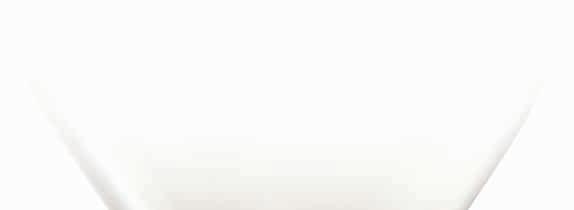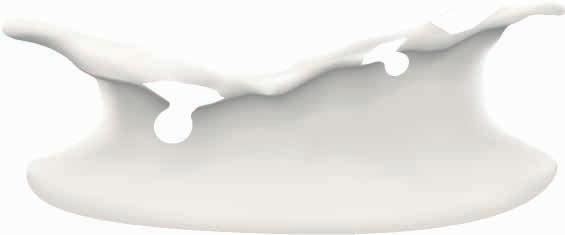
4 minute read
Water
We all know that water is vital for life. It is essential for hydrating calves and for rumen development.
There are many reasons why I’ve seen a lack of water for calves on farm. Situations vary, sometimes not enough water is provided per pen, other times water which is contaminated, and at times no water at all, especially in very young calves.
There is a common misconception that young calves on a milk diet are consuming enough liquid, and clean, fresh, adlib water is not always a priority. This is not the case.
In 1984, the Journal of Dairy Science published a study examining the growth, health and starter intake of calves fed free-choice water vs no water throughout the milk feeding period. The researchers found that when no fresh water was off ered, starter intake was 31% less and weight gain was reduced by 38%.
Rumen development:
When a calf drinks water, the water goes into the rumen, as does the starter feed. Water in the rumen provides a medium for ruminal bacteria to live in. To ferment concentrates and forage, rumen bacteria must live in water. Without water ruminal development is slowed.
In a recent experiment in UK, grain intakes and growth rates were compared among calves with either ad-lib or no water through weaning. For both calves fed milk at either standard or accelerated rates, the consumption of calf starter grain was about 2.5 times greater with water compared to calves without free-choice water. Calves eating more grain, grew more rapidly – it is that simple, more water equals more preweaning growth.
Warm water or cold?
Calves actually prefer warm water! Huuskonene et al., 2011 found that water consumption of pre-weaned calves was higher in calves off ered warm water compared with those off ered cold water. However, the increased water intake of the calves off ered warm water did not equate to increased weight gains.
Quality:
A fi nal note on water for calves is to ensure the quality of the water. Michigan State University Extension recommends periodically testing water sources for bacteria and mineral content. In general, livestock guidelines provided with water analysis are applicable to calves with the exception of sodium. Calves are very sensitive to sodium and do not tolerate excess sodium well. Water that has passed through a water softener can have very high concentrations of sodium and should not be used to mix milk replacer or used as a source of drinking water, unless it has been tested and verifi ed to have low levels of sodium.
Clean:
Researchers from Utah State University found increased daily gains and weaning weights when water buckets were dumped and rinsed daily compared to weekly or every 14 days. It is helpful to have a divider between the water and starter buckets in the calf pen so that the calf cannot slop back and forth between buckets.
Calves are about 70-75% water by body weight and need to consume fresh water in order to maintain normal cellular functions.
Pre-weaning: On average, calves consume 1L of water per 500g of dry matter intake
Post-weaning: Calves should consume 2L of water per 500g of dry matter intake. This ratio should extend through the heifer growing period
Hot weather: Expect water consumption to increase by 33% or more as temperatures reach over 23°C
Eimear Diamond
Calf & Youngstock Manager
m: 07881 379008 e: eimear.diamond@wynnstay.co.uk @diamondcalf1
& CALF MILKS
The ultimate calf milk package


Made using the highest-quality ingredients A variety of formulations to meet diff erent rearing objectives Nutritionally balanced to meet the demands in the fi rst few weeks of life Manufactured in Britain
NEW



* Skim based * 100% dairy protein Bought-in calves Whey based Heifers > 800g/day Whey based Dairy and beef Skim based
Protein 22.5%
Oil 18%
Protein 22%
Oil 17%
Protein 26%
Oil 20%
Protein 23% Beef or dairy Whey based
Oil 18%
Protein 22% High energy Whey based
Oil 20%
Protein 23% High quality Whey based
Oil 20%
Protein 23% Dairy and beef Whey based Heifers > 800g/day Whey based 100% dairy protein Whey protein concentrate
Oil 19%
Protein 21%
Oil 20%
Protein 27%
Oil 25%
All WYNNGOLD Calf Milk Replacers contain 500iu vit E. The new WYNNGUARD WYNNGUARD additive is the ultimate additive for calf health and performance, now available in our range of WYNNGOLD milks and AdVance Start ‘n’ Wean, off ering your calves total digestive tract protection. With specifi c sticky sugars that mimic the action of bovine-oligosaccharides (BOS) found naturally in cow’s colostrum and transition milk, the inclusion of WYNNGUARD WYNNGUARD into our milk formulas means that your calves continue to be supported as the transition from passive to its own achieved immunity.






